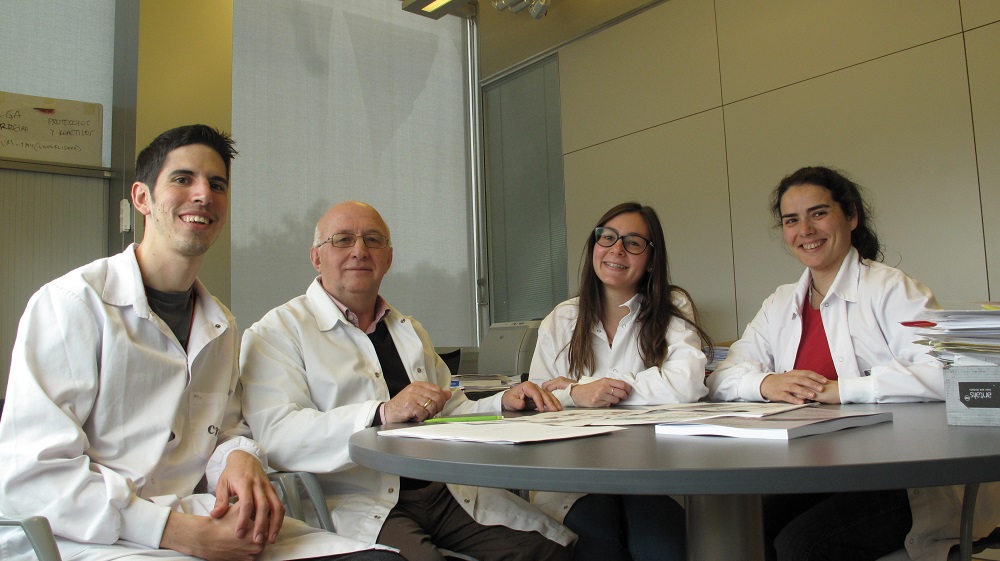Nature Communications: CNIC researchers define the key role of a protein in lymphocyte activation
The protein Aurora A controls the initial phases of T lymphocyte activation
A research team based at 2 centers in Madrid, the Centro Nacional de Investigaciones Cardiovasculares (CNIC) at the Instituto Carlos III and the Instituto Investigación Sanitaria Princesa IIS-IP, has shown how Aurora A, a protein implicated in cancer, controls the activation of T lymphocytes. Aurora A inhibitors are important tools in the treatment of cancer, and the new discovery could provide new opportunities for the treatment of diseases mediated by the dysregulation of the immune system, such as autoimmune diseases and graft-versus-host disease after tissue transplantation. The results are published in Nature Communications.
Lymphocytes play essential roles in the immune response through their ability to recognize and respond to specific foreign antigens. Antigen-mediated lymphocyte activation starts in the immune synapse, a zone of intimate contact between the T cell and the antigen presenting cell. Efficient communication between the two cells requires correct activation of lymphocyte adhesion proteins and the T cell receptor. The protein kinase Aurora A was previously studied in relation to its proto-oncogenic activity, which is related to the control of the cell cycle through the regulation of the growth of microtubules (cables used by the cell to maintain its structure and move components) from the centrosome.
The results have the potential to open up opportunities for the treatment of immune-mediated diseases
The Nature Communications article is authored by Noelia Blas Rus, Eugenio Bustos Morán, and Noa B Martín Cófreces from Professor Francisco Sánchez Madrid’s group, working in partnership with the group led by Dr. Marcos Malumbres at the Centro Nacional de Investigaciones Oncológicas (CNIO). The article describes the “implication of Aurora A in the early activation of signaling pathways originating from the T cell’s antigen receptor, especially the kinase Lck, which allows the diversification of activation pathways,” explains Professor Sánchez Madrid. As a result, “ T lymphocytes that lack Aurora A do not activate correctly,” and the study shows that trafficking and turnover of signaling nanovesicles in the immune synapse are altered in these cells.
Clinical implications
The study suggests a plethora of possible clinical applications and places Aurora A “at the center of future research into autoimmune diseases and transplant rejection.” Profesor Sánchez Madrid also highlights implications in the action of specific inhibitors already used to treat lymphomas and leukemias, concluding that “Aurora A is without doubt a promising therapeutic target in the field of immunology.”











